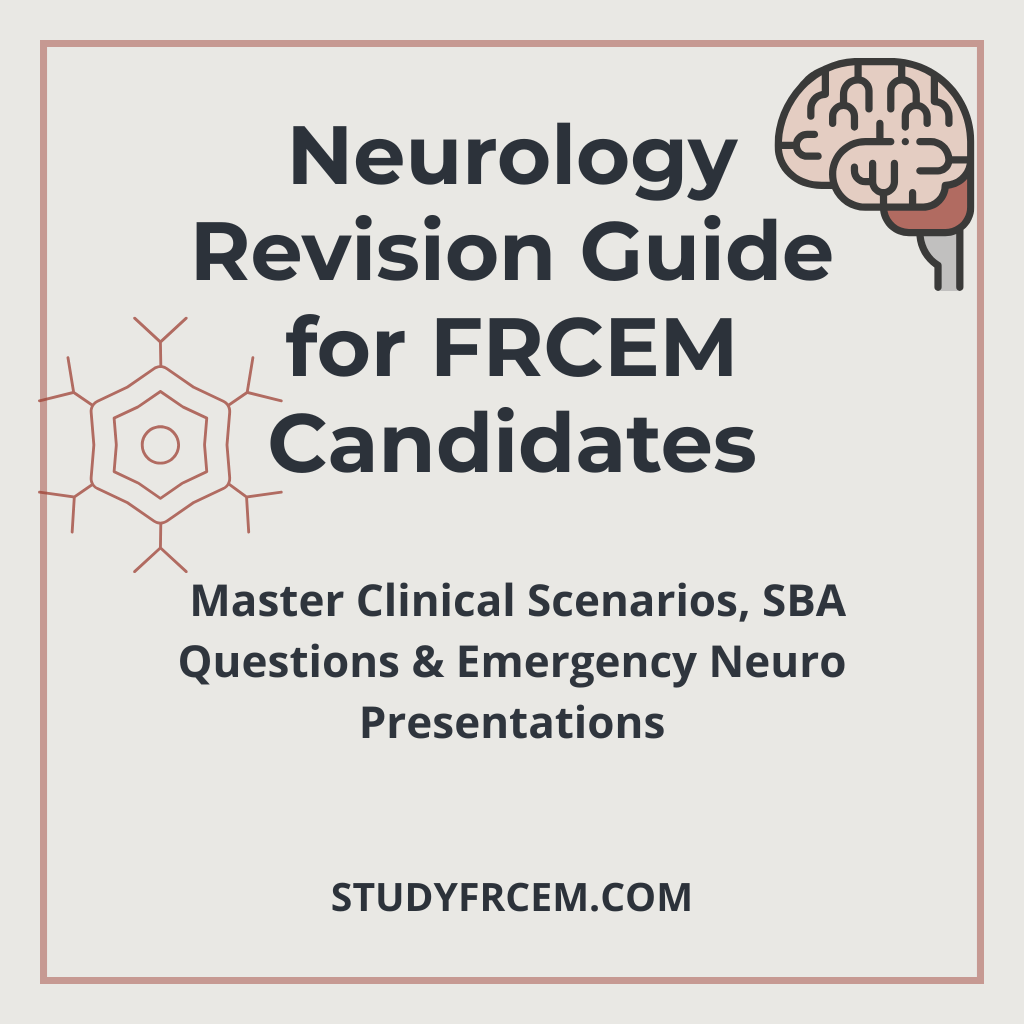If you're preparing for the FRCEM SBA exam, one of the smartest ways to study is by focusing on the most common topics. This guide will help you understand the top 10 topics that frequently appear in the FRCEM SBA, so you can plan your studies better and feel more confident on exam day.
Why You Should Focus on High-Yield FRCEM SBA Topics
The FRCEM SBA (Single Best Answer) exam covers a broad spectrum of knowledge, but not every topic gets the same level of attention. Some subjects pop up more frequently and are deemed high-yield. Focusing on these key areas first can really help you:
- Save time
- Boost your accuracy
- Establish a solid foundation
Top 10 Frequently Tested Topics in FRCEM SBA
Below are the top 10 topics for FRCEM SBA based on patterns, past questions, and expert advice.
Emergency Airway Management
Understanding how to manage a patient’s airway is crucial. You might encounter questions about:
- When to intubate
- The use of airway adjuncts (like oropharyngeal airways)
- Rapid sequence induction
- Capnography
ECG Interpretation
This is a common part of the exam. Make sure to concentrate on:
- Spotting arrhythmias
- Identifying ST elevation myocardial infarction (STEMI)
- Understanding heart blocks
- Recognizing atrial fibrillation and flutter
Sepsis and Septic Shock
Knowing how to quickly spot and treat sepsis can truly make a difference in saving lives. Here are some key points to focus on:
- SIRS criteria
- Sepsis 6 bundle
- Antibiotic use
- Fluid resuscitation
Major Trauma Management
When it comes to trauma, questions often revolve around specific scenarios. Make sure to study:
- ATLS protocol
- Primary and secondary survey
- Spinal injuries
- Chest and abdominal trauma
Pediatric Emergencies
Kids can show different symptoms than adults. Here are some crucial areas to consider:
- Fever in infants
- Seizures
- Croup and epiglottitis
- Dehydration
Toxicology and Overdose Management
Be prepared to spot and handle poisonings:
- Paracetamol overdose (treated with NAC)
- Opiate overdose (using naloxone)
- Alcohol poisoning
- Antidepressant overdose
Acute Coronary Syndromes (ACS)
Cardiac issues are frequently tested. Pay attention to:
- Differential diagnosis of chest pain
- ECG changes in myocardial infarction
- Interpreting troponin levels
- Initial treatment (MONA: Morphine, Oxygen, Nitrates, Aspirin)
Radiology Interpretation
Questions based on images are on the rise. You should be able to:
- Read chest X-rays
- Identify fractures
- Recognize CT findings (like stroke or bleeding)
Psychiatric Emergencies
Mental health is a crucial aspect of emergency medicine. Key areas to focus on:
- Acute psychosis
- Assessing suicide risk
- Guidelines for sedation
- Understanding capacity and consent
ENT & Airway Obstruction
These situations can be life-threatening if overlooked. Get ready for:
- Managing epistaxis
- Quinsy (peritonsillar abscess)
- Foreign bodies in the airway
- Causes and treatment of stridor
Final Thoughts: Smart FRCEM SBA Preparation
Getting a handle on the key topics for FRCEM SBA can really help streamline your revision and make it feel a lot less daunting. Here’s what you should do:
- Dive into high-yield topics
- Try out some mock questions
- Utilize spaced repetition tools like Anki
- Familiarize yourself with NICE and RCEM guidelines
Curious about how we break these topics down? Check out our FRCEM SBA Demo Questions for a taste of focused, exam-style prep. By knowing what’s frequently asked, you’ll enhance your FRCEM SBA preparation and significantly increase your chances of passing with confidence.
Useful External Links for More Study Help
If you're looking to dive deeper into these topics, check out these reliable sources:






